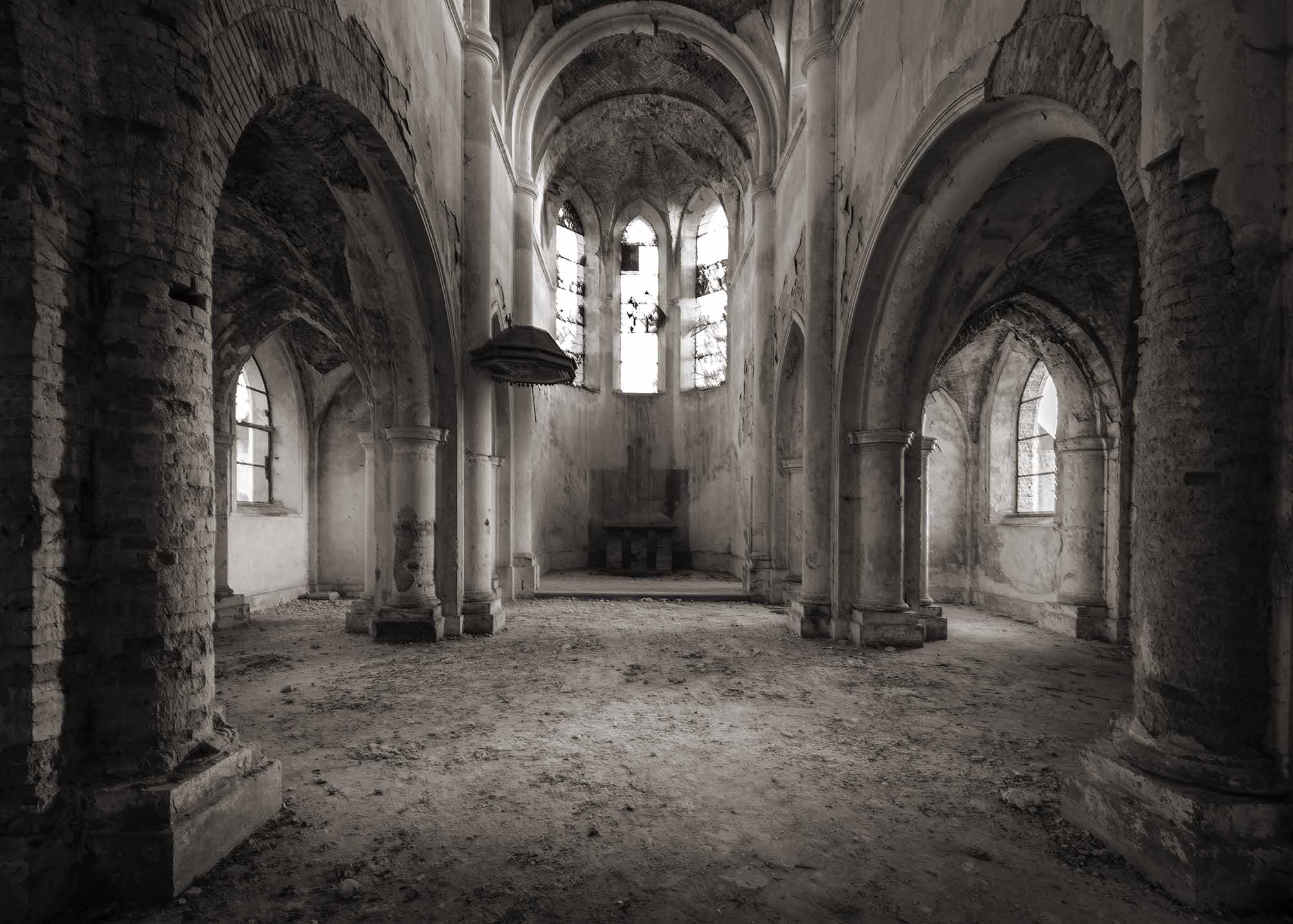UNESCO World Conference on Culture and Arts Education official side event
This Webinar occurred on Thursday 8 February 2024 at 8:00AM UTC
In the lead-up to the UNESCO World Conference on Culture and Arts Education on 12-15 February 2024 in Abu Dhabi, the Arab Regional Centre for World Heritage as a foundation partner of the new UNESCO-UNITWIN Network on Culture in Emergencies will be hosting a global webinar on the theme of culture and arts education in emergencies.
This global webinar is an opportunity to introduce the objectives and work of the new UNESCO-UNITWIN Network on Culture in Emergencies and its foundation partner organisations. This global UNESCO-UNITWIN Network fosters the role of culture and diversity in emergency situations including conflicts and disasters for the promotion of peace and sustainable development through an inclusive people-centred approach to preparedness, protection, recovery and peace-building.
The UNITWIN Network’s aims and initiatives align with the purpose, guiding principles and objectives of the proposed UNESCO Framework for Culture and Arts Education.
Pannellists
The panellists are leading contributors to the key themes of the webinar:
Ms Krista Pikkat, Director, Culture and Emergencies Entity, Culture Sector, UNESCO
Sheikh Ebrahim Alkhalifa, Deputy Director, Arab Regional Centre for World Heritage
Dr Alicja Jagielska-Burduk, Focal Point and Co-coordinator of the UNESCO-UNITWIN Network (Adam Mickiewicz University) and UNESCO Chair in Cultural Property Law (Opole)
Dr Jorge Sanchez Cordero, Director, Mexican Center for Uniform Law
Professor Matthias Sahinkuye, African Institute for International Law
Professor Ana Filipa Vrdoljak, Co-coordinator of the UNESCO-UNITWIN Network and UNESCO Chair in International Law and Cultural Heritage (UTS).
Moderator
Moderator: Dr Mounir Bouchenaki, Arab Regional Centre for World Heritage and Chair of Scientific Committee ALIPH Foundation.
Please note that registration is required prior to this event.


